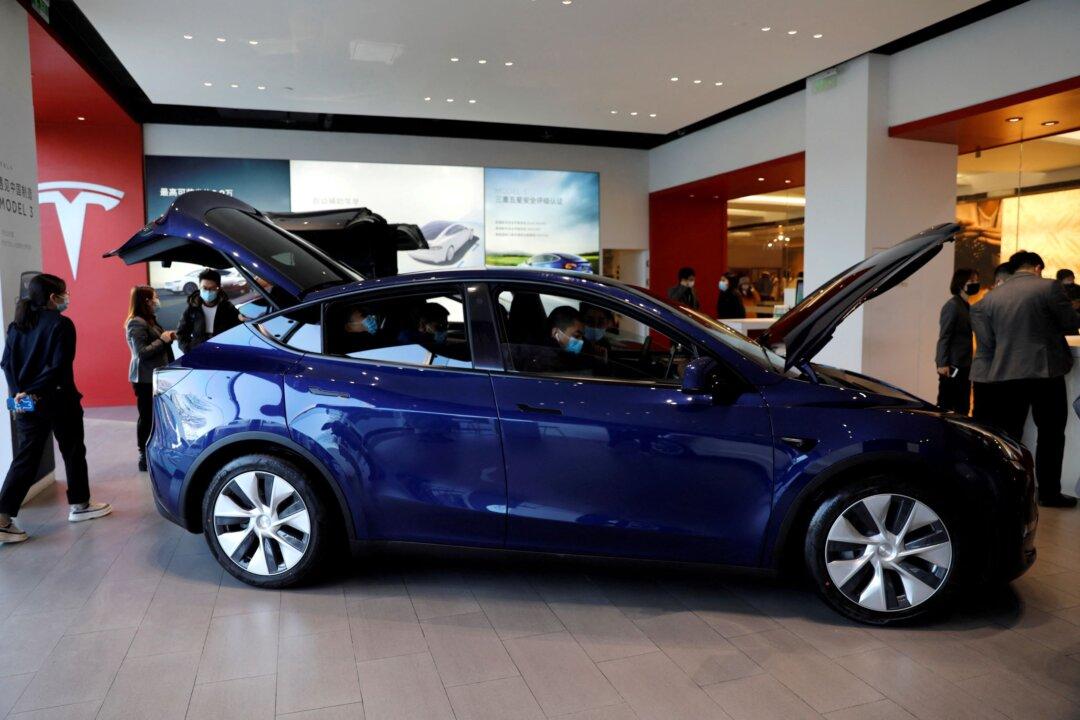Tesla posted record deliveries for the fourth quarter, selling 308,000 cars and surpassing Wall Street estimates as critical vertical integrations and robust supplier relations enabled the automaker to ride out chip shortages that are plaguing most other manufacturers.
“We achieved production of more than 305,000 vehicles and deliveries of over 308,000 vehicles. In 2021, we delivered over 936,000 vehicles,” the company said in a press release on Sunday, which included 24,964 Model S/X and 911,208 Model 3/Y. In Q4, 2021, 11,750 Model S/X along with 296,850 Model 3/Y were delivered. The approximate price for a 2022 Tesla Model S starts at $94,990 while a Model 3 starts from $44,990.





